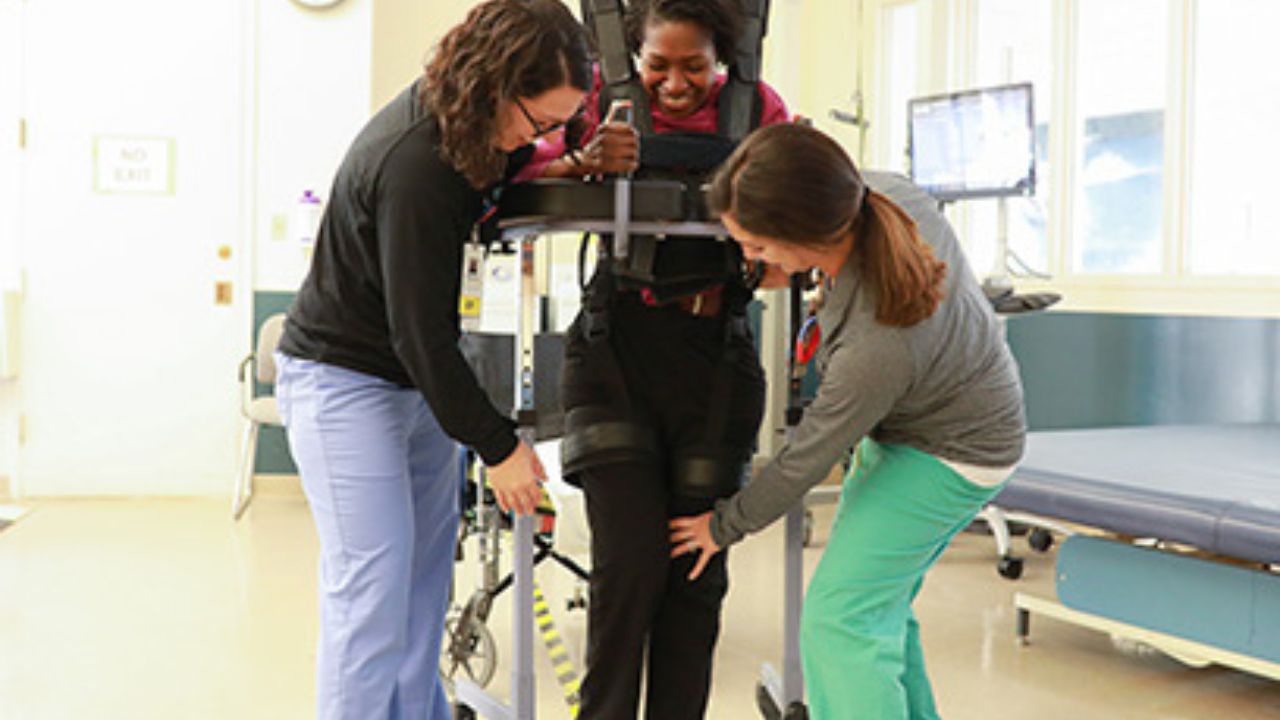
Welcome to our article on the top 8 post-game regimens for effective sports recovery.
In the fast-paced world of sports, athletes constantly push their bodies to the limit, making recovery a crucial component of their performance.
This article will explore:
- Dynamic stretching
- Foam rolling techniques
- Hydration strategies
- Nutritional guidelines
- Cryotherapy benefits
- Sleep practices
- Active recovery exercises
- Sports massage techniques.
Whether you're a professional athlete or a recreational enthusiast, these regimens will help you optimize your recovery and enhance your overall athletic performance.
Dynamic Stretching
During the post-game recovery period, incorporating dynamic stretching into your regimen can greatly enhance your overall sports performance and reduce the risk of injuries.
Unlike static stretching, which involves holding a stretch for an extended period, dynamic stretching involves active movements that mimic the motions of the sport you just played. This type of stretching helps to increase blood flow to the muscles, improve range of motion, and warm up the body for optimal performance.
By engaging in dynamic stretching exercises, you are not only preparing your muscles for the demands of your sport but also actively preventing injuries that can result from inadequate warm-up exercises.
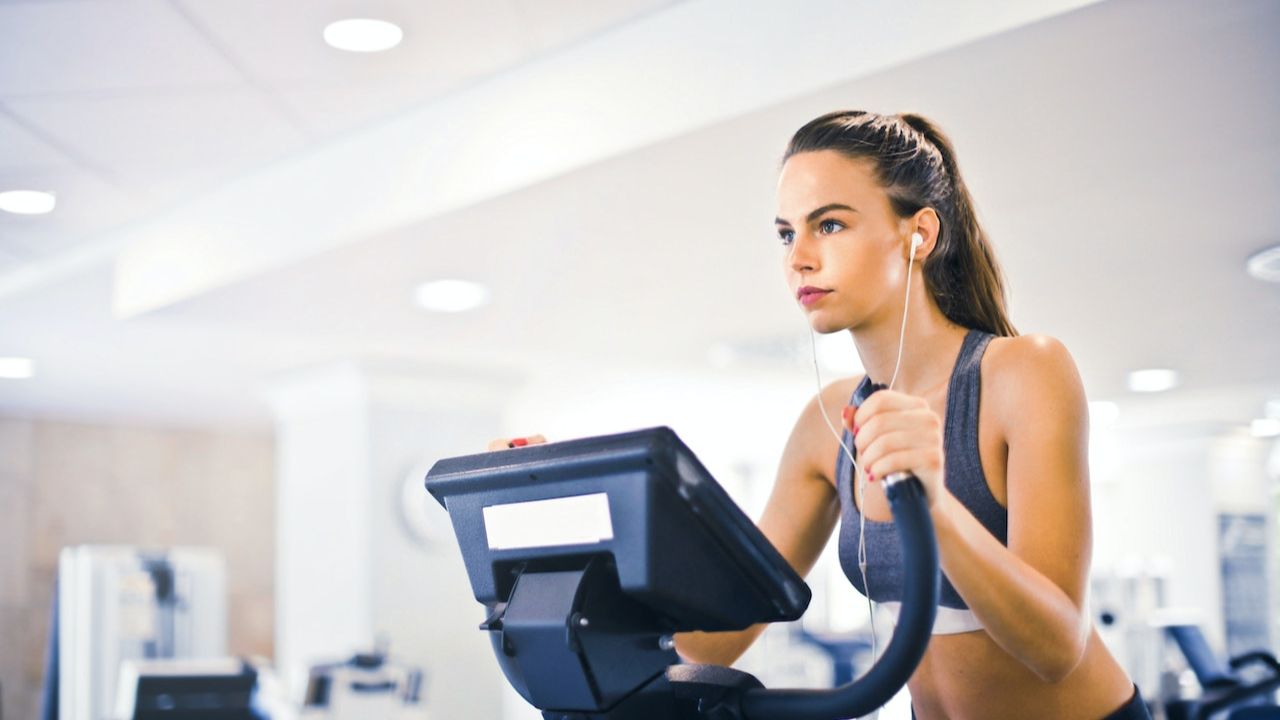
Foam Rolling Techniques
Foam rolling techniques, which involve using a foam roller to apply pressure and release muscle tension, can be an effective method for aiding in post-game recovery and promoting muscle relaxation.
Foam rolling, also known as myofascial release, targets the fascia, the connective tissue that surrounds and supports muscles. By using a foam roller to apply pressure to specific areas, athletes can help release tightness and knots in the muscles, improving flexibility and range of motion.
This technique is similar to trigger point therapy, which focuses on releasing specific trigger points or knots in the muscles. Foam rolling can also increase blood flow to the muscles, helping to flush out toxins and reduce inflammation.
Incorporating foam rolling techniques into a post-game regimen can help athletes recover faster and maintain optimal performance.
Proper Hydration Strategies
Effectively maintaining proper hydration is crucial for athletes to support their post-game recovery and optimize performance.
Hydration plays a vital role in replenishing the fluids lost through sweat during intense physical activity.
To ensure optimum recovery, athletes should prioritize hydration by incorporating proper hydration strategies into their post-game regimen.

One effective strategy is the consumption of recovery beverages that are specifically formulated to replenish electrolytes and fluids.
These recovery beverages provide a convenient and efficient way to restore fluid balance and promote faster recovery.
Electrolyte replenishment is also essential as it helps restore the body's electrolyte levels, which are crucial for muscle function and overall hydration.
Athletes should choose electrolyte-rich beverages that contain sodium, potassium, magnesium, and calcium to support proper muscle function and prevent cramping.
Nutritional Guidelines for Recovery
To optimize recovery after a game, athletes should adhere to specific nutritional guidelines that prioritize nutrient-rich foods and promote muscle repair and replenishment. Meal planning plays a crucial role in ensuring athletes consume the right nutrients at the right time. Here are four important guidelines for post-game nutrition:
Prioritize protein: Consuming a meal or snack high in protein within 30 minutes of activity can promote muscle repair and growth. Lean meats, poultry, fish, eggs, and plant-based protein sources like tofu and legumes are excellent options.
Include carbohydrates: Replenishing glycogen stores is essential for restoring energy levels. Incorporate complex carbohydrates such as whole grains, fruits, and vegetables into post-game meals and snacks.
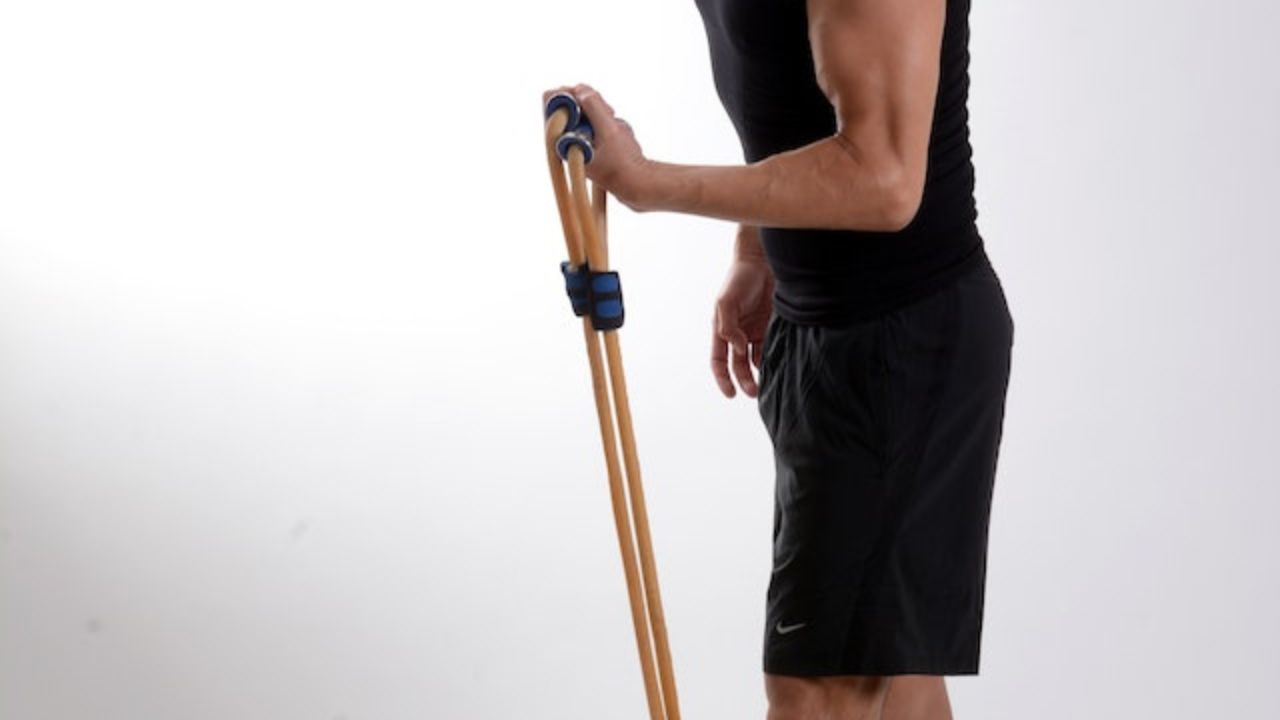
Hydrate effectively: Proper hydration supports nutrient delivery and aids in recovery. Replenish fluids lost during exercise by drinking water or sports drinks.
Time your meals: Nutrient timing is important for optimizing recovery. Consume a balanced meal within two hours of activity to provide the body with the necessary nutrients for recovery.
Cryotherapy and Ice Bath Benefits
Regularly incorporating cryotherapy and ice baths into post-game recovery routines can provide athletes with numerous benefits for reducing inflammation and promoting muscle recovery.
Cryotherapy involves exposing the body to extremely cold temperatures, typically in a cryotherapy chamber or through localized ice packs. This cold therapy helps to constrict blood vessels, which can decrease inflammation and swelling in the muscles and joints. Additionally, cryotherapy can help to numb pain and provide relief from soreness.
Ice baths, on the other hand, involve immersing the body in cold water for a specific period of time. This cold immersion helps to reduce muscle soreness, inflammation, and swelling by constricting blood vessels and decreasing metabolic activity.
Both cryotherapy and ice baths can aid in the recovery process by promoting blood flow and accelerating the removal of metabolic waste products from the muscles. These techniques are widely used by athletes to enhance post-game recovery and improve overall performance.
Sleep and Restorative Practices
Adequate sleep and restorative practices play a crucial role in an athlete's recovery and overall performance. After intense physical activity, the body needs time to repair and replenish itself. Here are four essential sleep and restorative practices that can enhance an athlete's recovery:
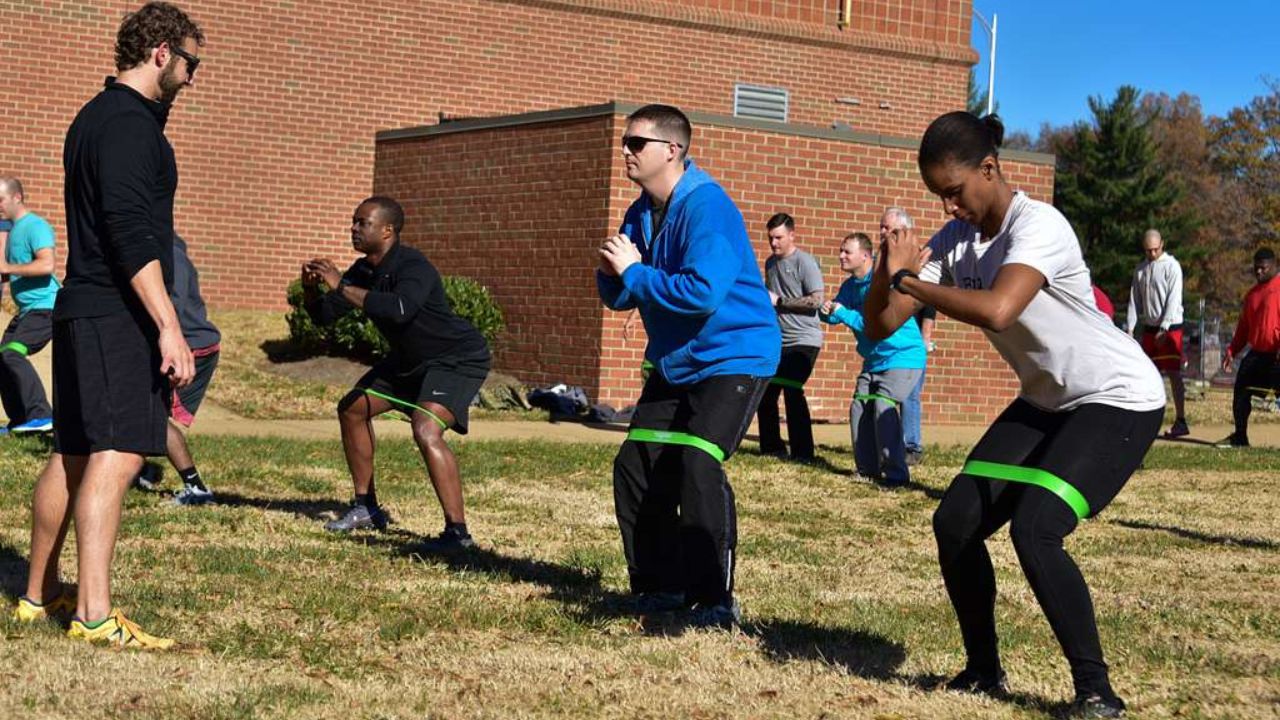
Prioritize sleep: Getting enough quality sleep is vital for the body to repair and regenerate. Aim for 7-9 hours of uninterrupted sleep each night to support optimal recovery.
Establish a bedtime routine: Creating a consistent pre-sleep routine can signal to the body that it's time to relax and prepare for rest. Consider incorporating activities such as reading, listening to calming music, or practicing relaxation techniques.
Optimize sleep environment: Create a sleep-friendly environment by keeping the room cool, dark, and quiet. Invest in a comfortable mattress, pillows, and bedding to ensure a restful night's sleep.
Explore meditation techniques: Meditation can help calm the mind, reduce stress, and improve sleep quality. Consider incorporating mindfulness or deep breathing exercises into your daily routine to promote relaxation and enhance recovery.
Active Recovery Exercises
While athletes may be tempted to completely rest after a game or intense workout, incorporating active recovery exercises is essential for promoting muscle repair and reducing the risk of injury.
Recovery yoga is a great option for athletes looking to engage in low impact activities while still allowing their muscles to recover. This form of yoga focuses on gentle stretching and relaxation, helping to release tension and improve flexibility.
Additionally, low impact activities such as walking, swimming, or cycling can also be incorporated into an active recovery routine. These activities provide a way for athletes to stay active without putting excessive strain on their muscles and joints.
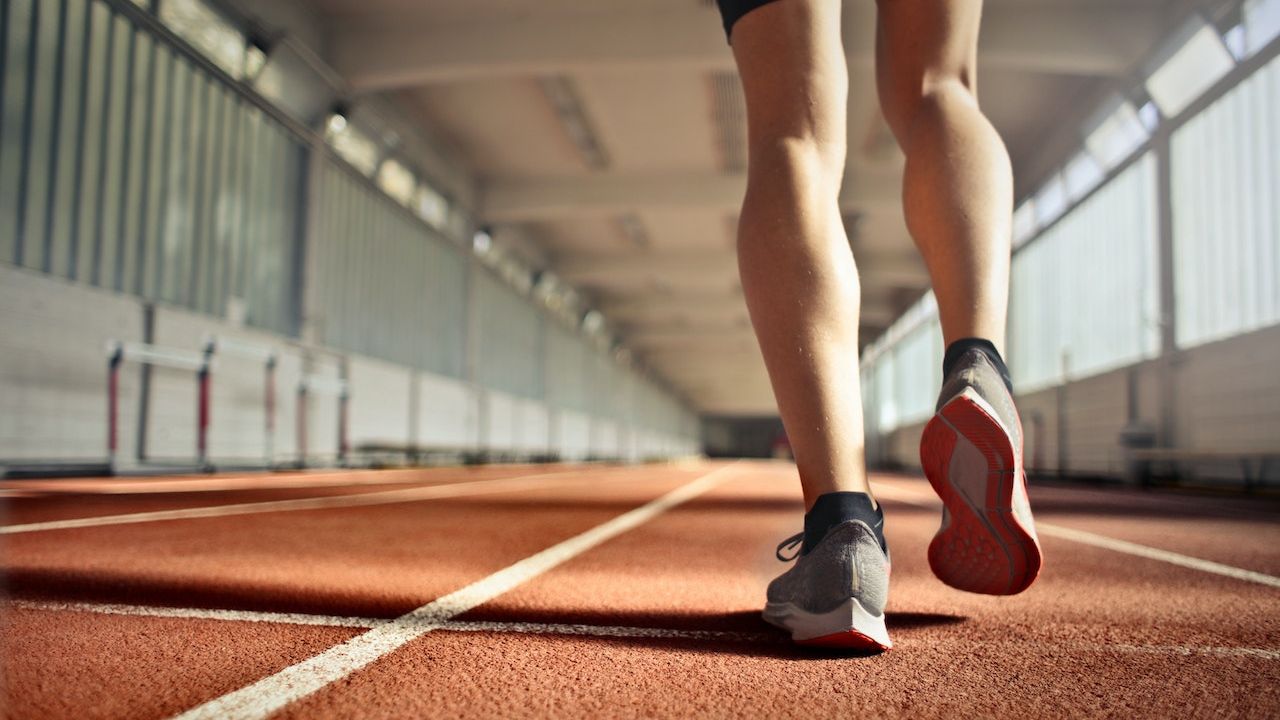
Sports Massage and Bodywork Techniques
In addition to active recovery exercises, athletes can also benefit from incorporating sports massage and bodywork techniques into their post-game regimens. Sports massage is a specialized form of massage therapy that focuses on promoting recovery and reducing muscle tension after intense physical activity. Bodywork techniques, on the other hand, involve various therapeutic approaches that aim to restore balance and functionality to the body.
Here are four advantages of sports massage and bodywork techniques for athletes:
Improved muscle recovery: Sports massage helps to increase blood flow to the muscles, which aids in the removal of waste products and the delivery of oxygen and nutrients, promoting faster muscle recovery.
Reduced muscle soreness: By targeting specific muscle groups, sports massage can help alleviate muscle soreness and tension, allowing athletes to recover more quickly and perform at their best.
Enhanced flexibility and range of motion: Regular sports massage and bodywork techniques can help increase flexibility and improve joint mobility, reducing the risk of injury and improving overall athletic performance.
Relaxation and stress relief: Sports massage and bodywork techniques not only provide physical benefits but also promote relaxation and mental well-being. They can help athletes unwind and release stress, allowing them to better focus on their training and performance.
Frequently Asked Questions
How Long Should I Wait After a Game Before Starting My Post-Game Recovery Regimen?
It is important to wait for an appropriate amount of time after a game before starting a post-game recovery regimen. The duration may vary depending on individual factors. Hiring a professional sports massage therapist can be beneficial for effective recovery.

Are There Any Specific Nutritional Supplements That Can Help With Sports Recovery?
Nutritional supplements can play a crucial role in sports recovery, aiding in muscle repair and reducing inflammation. However, it's important to consult with a healthcare professional to determine the right supplements for your specific needs. Additionally, proper hydration is essential for optimal recovery.
Can Cryotherapy and Ice Baths Be Harmful if Done Too Frequently?
Cryotherapy risks and potential dangers of ice baths arise when done too frequently. While these techniques can aid in sports recovery, excessive use may lead to side effects such as frostbite, skin damage, or overcooling the body.
Is It Necessary to Hire a Professional Sports Massage Therapist for Effective Recovery?
Hiring a professional sports massage therapist for effective recovery is not necessary, as self-massage can have its own benefits. However, the pros and cons should be considered. Additionally, incorporating stretching into your post-game recovery regimen can be beneficial.
What Are Some Alternative Methods for Active Recovery Exercises if I Don't Have Access to a Gym or Equipment?
Home exercises and bodyweight workouts are effective alternatives for active recovery exercises if access to a gym or equipment is limited. These exercises can help promote muscle recovery, increase flexibility, and improve overall fitness levels.
 Mobility trainingHome Fitness RecoverySports Injury PreventionPersonal Physical TherapyOrthopedic SolutionsPrivacy PolicyTerms And Conditions
Mobility trainingHome Fitness RecoverySports Injury PreventionPersonal Physical TherapyOrthopedic SolutionsPrivacy PolicyTerms And Conditions
